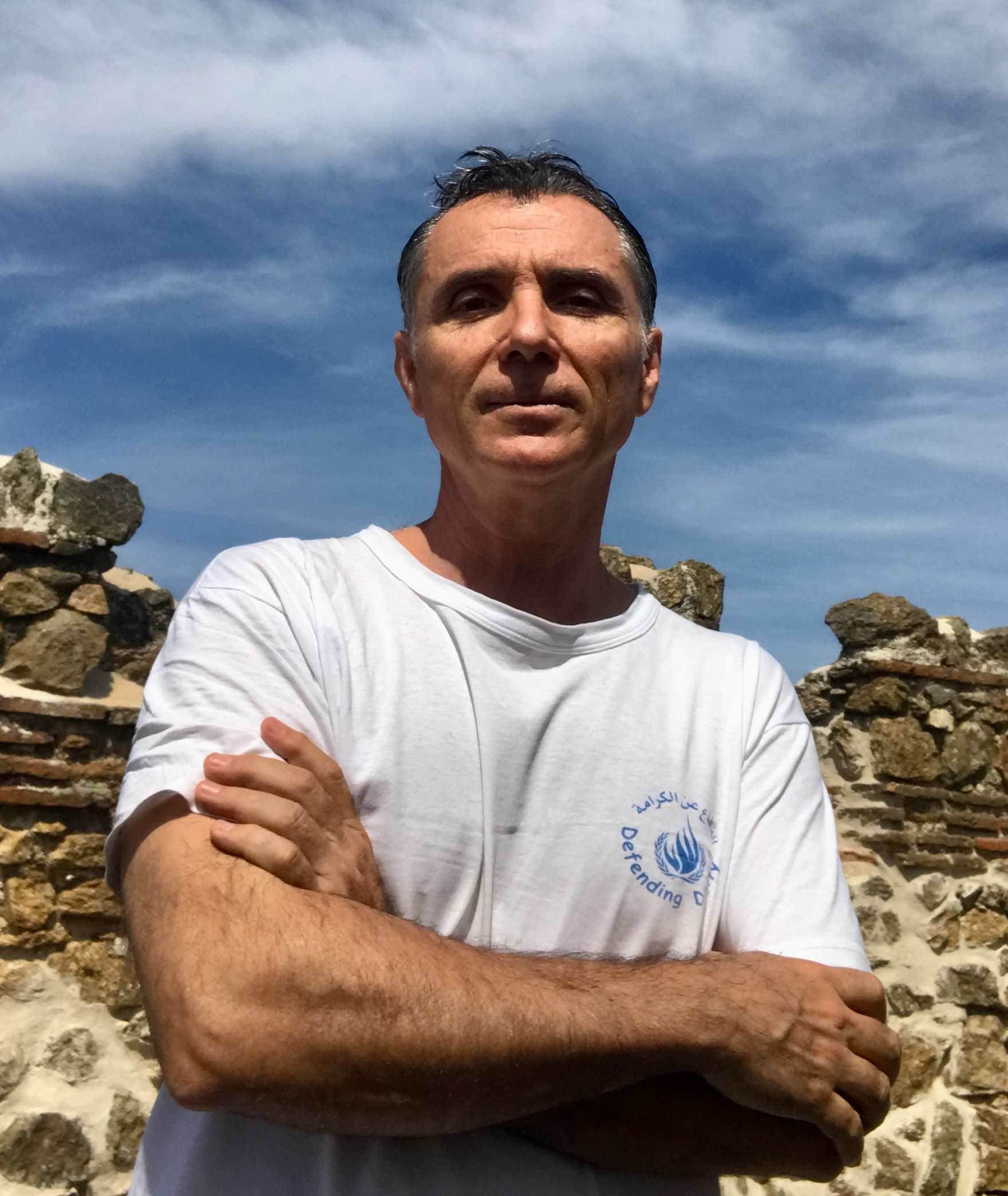What is Agarwood?
Agarwood is a resinous wood formed inside Aquilaria trees when they are infected with a specific fungus. Prized for its fragrance, it’s been harvested for centuries and is now a scarce resource. This scarcity, combined with its valuable resinous properties, makes Agarwood expensive.
What is Agarwood used for?
Agarwood has a wide range of uses, including:
Medicine: Used in traditional medicine in India and China, Perfumes: A prized component in high-end perfumes,Decoration and Ceremonies: Used for decoration and special ceremonies in the Middle East, Incense: A luxurious form of incense in homes of Middle East,Japan, Korea, and other countries,Religious Events: Used in religious events in Southeast Asia.
Who is developing this project?
This is a joint venture between:
- Department of Natural Resources (DENR): A government institution.
- Southern Negros Forest Occupancy Permittees Association (SONFOPA): A local organization.
- Maria Luill D. Aquilos owner of Sibz Seedling Farm:
A new company called D’Agri, run by Maria Luill D. Aquilos, will handle the project’s general executive management.
Where is this Agarwood plantation project taking place?
The project will plant Agarwood trees on the island of Negros in the Philippines. The project headquarters are in Kabankalan City, but the 3,411-hectare planting area is located around Sura, Cauayan, Negros Occidental.
What type of trees will be planted, and how many?
At least 2,000,000 Aquilaria malaccensis trees will be planted. Additional trees like avocado may be planted for wind protection.
Who will provide the seedlings for the project?
Sibz Seedling Farm, which has the necessary permits from the DENR, will supply the Agarwood seedlings. The DENR strictly controls Agarwood seedling production and sales to ensure quality, traceability, and tree count.
When can the Agarwood trees be harvested?
The trees can be harvested after 7 years, although they can continue growing and producing higher quality Agarwood for longer periods. We plan to rebuy trees before end of eighth year.
How can I participate in this project?
You can participate by purchasing trees. The company (D’Agri) will buy back the trees at harvest time for a fixed price, offering a return of 20% to 50% annually . The project is open to negotiation of other deals that may suit all parties, with the goal of mutual benefit and promoting forestry, wealth creation, and socioeconomic development for the region and its people.
How can I be sure I’ll get paid for my trees?
Each purchased tree will have a unique ID and will be included in documented ownership title. This guarantees your right to the tree’s benefits and buyback at a predetermined price. A security agreement with D’Agri ensures they repurchase the tree within the agreed timeframe. If they fail to do so, you have the right to sell the tree independently.
What happens if some of the trees I invest in are damaged or lost?
The DENR acts as partial insurance, replacing at least all damaged or lost trees. This offers protection also against some natural disasters.
When did Agarwood trees cultivation become legal in the Philippines?
The Philippines only recently legalized Agarwood cultivation two years ago through DENR Administrative Order No. 2022-07, although the country has suitable soil and climate for Agarwood trees.
Has Agarwood been planted in the Philippines before?
Yes, in many places and is increasing every day. Sibz Seedling Farm itself has a history of selling thousands of Agarwood seedlings to many landowners in the region (Region VI). Ms. Aquilos herself has planted 500 trees on her own land.
What are other names for Agarwood?
Agarwood has many names around the world, all reflecting its distinctive scent:
- OUD (Middle East)
- Aloeswood or Lignum aloes
- Eaglewood
- Gharu (India)
- Chenxiang (China)
- Chimhyang (Korean)
- Jinkō (Japan)
What percentage of risk of loss or failure can we have?
The risk of loss or failure is relatively low, as the project is being developed by experienced partners with a proven track record. However, there is always some risk involved in any investment, and investors should carefully consider their own risk tolerance before investing.
What real guarantees will investors have?
Investors will have several guarantees, including:
- Unique identification and ownership title for each purchased tree.
- Security agreement with D’Agri ensuring tree repurchase within the agreed timeframe.
- DENR insurance for damaged or lost trees.
- Opportunity to sell trees independently if D’Agri fails to repurchase them.
What local and national tax costs will investors have on profits?
Investors will be responsible for paying all applicable taxes on their profits. The specific tax rates will depend on the investor’s individual circumstances and the tax laws of their country of residence.
What is the commercial strategy for the success of the project?
The commercial strategy for the success of the project is based on the following key elements:
- Production of highest-quality Agarwood that is in high demand in the international market.
- Establishment of strong partnerships with key players in the Agarwood industry specially in the perfume market in France.
- Development of a robust marketing and sales strategy.
Is marketing contractually assured?
Yes, marketing is contractually assured. D’Agri has agreed to buy back the trees from investors at a fixed price at harvest time. This guarantees that investors will have a market for their trees and that they will receive a fair return on their investment.
How is the proper management of invested resources guaranteed?
The proper management of invested resources will be guaranteed through a number of measures, including:
- Establishment of a transparent and accountable project management structure.
- Regular financial reporting to investors.
- Implementation of strict internal controls.
